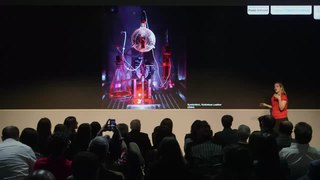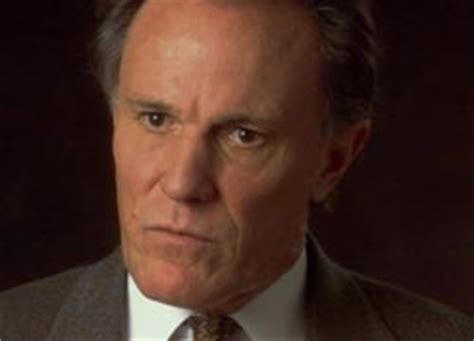A Quote by J. Robert Oppenheimer
Scientists are not delinquents. Our work has changed the conditions in which men live, but the use made of these changes is the problem of governments, not of scientists.
Quote Topics
Related Quotes
Often the great scientists, by turning the problem around a bit, changed a defect to an asset. For example, many scientists when they found they couldn't do a problem finally began to study why not. They then turned it around the other way and said, "But of course, this is what it is" and got an important result.
No university ought to be merely a national institution....The universities should have their common ideals, they should have their common obligations toward each other. They should be independent of the governments of the countries in which they are situated. They should not be institutions for the training of an efficient bureaucracy, or for equipping scientists to get the better of foreign scientists; they should stand for the preservation of learning, for the pursuit of truth, and in so far as men are capable of it, the attainment of wisdom.
The IPCC 'policy summaries,' written by a small group of their political operatives, frequently contradict the work of the scientists that prepare the scientific assessments. Even worse, some of the wording in the science portions has been changed by policy makers after the scientists have approved the conclusions.
The private motives of scientists are not the trend of science. The trend of science is made by the needs of society: navigation before the eighteenth century, manufacture thereafter; and in our age I believe the liberation of personality. Whatever the part which scientists like to act, or for that matter which painters like to dress, science shares the aims of our society just as art does.
What the scientists have always found by physical experiment was an a priori orderliness of nature, or Universe always operating at an elegance level that made the discovering scientist's working hypotheses seem crude by comparison. The discovered reality made the scientists exploratory work seem relatively disorderly.
How did scientists get money in the past? They were either lucky and independently wealthy, like Darwin, or they had patrons, like Galileo. Universities or governments have become patrons only in the last few generations. Many of the great scientists of the past were in debt to their patrons in the same sense that modern scientists are influenced by what their granting agencies want.
The government employs scientists of many varieties in technical capacities, from estimating the environmental toxicity of a chemical to the structural soundness of a bridge. But when it comes to forming policies, these scientists and, especially, behavioral scientists are rarely at the table with the lawyers and the economists.
Scientists are people of very dissimilar temperaments doing different things in very different ways. Among scientists are collectors, classifiers and compulsive tidiers-up; many are detectives by temperament and many are explorers; some are artists and others artisans. There are poet-scientists and philosopher-scientists and even a few mystics.
You should not use your fireplace, because scientists now believe that, contrary to popular opinion, fireplaces actually remove heat from houses. Really, that's what scientists believe. In fact many scientists actually use their fireplaces to cool their houses in the summer. If you visit a scientist's house on a sultry August day, you'll find a cheerful fire roaring on the hearth and the scientist sitting nearby, remarking on how cool he is and drinking heavily.
That atomic energy though harnessed by American scientists and army men for destructive purposes may be utilised by other scientists for humanitarian purposes is undoubtedly within the realm of possibility. ... An incendiary uses fire for his destructive and nefarious purpose, a housewife makes daily use of it in preparing nourishing food for mankind.
Scientists and theologians can’t offer better than circular arguments, because there are no other kinds of arguments. Bible believers quote the Bible, and scientists quote other scientists. How do either scientists or theologians answer this question about the accuracy of their conclusions: “In reference to what?




































